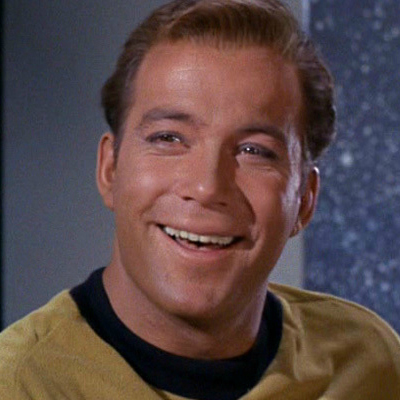It’s a problem of induction, like Hume’s sunrise problem.
Nope.
This inductive principle argument that we can’t know the sun will rise tomorrow, just that it always has before, was a cute little bit of philosophy when I was back in college.
But it has since been weaponized by religious people, arguing in bad faith, to undermine the credibility of science and legitimate their religious faith. They say we can’t know anything, therefore science is just built on faith anyway and is therefore no different than religion.
Again: nope.
The thing is, we know why the sun rises, not just that it always has. And it actually doesn’t always rise, at the poles, or during eclipses, and we can explain those too. We have a model that can predict much more minute events than the sun rising or not, in fact. We have devised experiments to strain and test our models and predictions. We throw out lots of ideas because they don’t bear out in tests.
Scientists don’t really talk about “knowing” things anyway. The bar a scientific theory must meet is being able to make testable predictions about the future. Maybe theory is always provisional and can never be proven but at some point we become fools not to accept it. Proof: prove yourself! To claim something doesn’t exist, based on the inductive principle, is to wave away the entire universe with a flick of the wrist as your opening argument.
If you still want to engage in this “we can’t really know anything” bullshit, that’s your choice. I no longer have any patience for it, having seen how it is being misused. It boils down to the “so you’re telling me there’s a chance” scene from Dumb and Dumber, where the guy chooses to focuses on the 0.0000000001% chance that something will happen, because hey it’s not zero.
We can’t know anyone is dead therefore death is social constructed? I guess life doesn’t exist either because you don’t know you are alive, you just have a lot of past anecdotal evidence that you are. Perhaps your atoms will scatter in 5 minutes from now and you will prove to have been an accidental particle fart of the universe that just happened to blow in on a breeze, and then blew out again. Who can say!!!???
Being that this is a Star Trek post I’ll just add this.
Lt. Cmdr. Data: “Sir, our sensors are showing this to be the absence of everything. It is a void without matter or energy of any kind.”
Commander Riker: “Yet this hole has a form, Data; it has height, width…”
Lt. Cmdr. Data: “Perhaps. Perhaps not, Sir.”
Captain Picard: “That’s hardly a scientific observation, Commander.”
Lt. Cmdr. Data: “Captain, the most elementary and valuable statement in science, the beginning of wisdom, is, “I do not know”. I do not know what that is, Sir.”
To claim something doesn’t exist, based on the inductive principle, is to wave away the entire universe with a flick of the wrist as your opening argument.
I would encourage you to read My antirealist manifesto, which argues that reality is a harmful social construct. I’d also like to pre-empt any accusation that antirealism is anti-science, by pointing out My articles advocating for an antirealist future to the application of the scientific method. I in fact believe that any kind of claim to the existence of absolute or objective knowledge is anti-science, and frankly comes uncomfortably close to the inappropriate application of mysticism. You are right when you say that focusing on the tiny chance that we are wrong isn’t pragmatic. Which is why so much of My writing focuses on pragmatism as a better epistemological method than empiricism and rationalism applied for the sake of truth over utility. When I say death is a social construct, I am not saying it’s a useless idea, simply because it’s untrue. I value usefulness over truth, and death is certainly much more useful than it is true.
Janeway apologist! (/s)
Don’t worry, I’m still on team “Janeway is a racist and a transphobe”
Clearly she just hadn’t had her coffee yet! On a serious note though I have to agree with @[email protected]. The evolving definition of “medical death” as more of a logistical necessity than anything is something that I never really thought about before.
A Trek-inspired thought provoking essay is my favorite kind of post! Thanks for sharing.
Thank you for the praise. I actually had the idea for this article while watching Kamen Rider Ex-Aid. There’s a plot in there about someone seeking to permanently end the condition of death for the human species. Late in the show, it’s revealed that everyone who died already can be brought back through some science fiction nonsense the villains have been working on. For a japanese children’s cartoon in the genre of power rangers, it’s remarkably philosophical. It got Me thinking about the meaning of death, and thus, article. I decided to make it about Tuvix because that’s a very well known and clear example of what I’m talking about. The episode with the planet that dumps all their corpses through wormholes would also qualify, but it’s way less fun than arguing whether Janeway is a murderer.
I love the one where the bodies get dumped in the wormhole lol. Your essay also made me think of VOY’s “Mortal Coil” where Neelix has a “spiritual” crisis but as you said the crisis can be viewed as coming from the collective definition of what death means socially.




